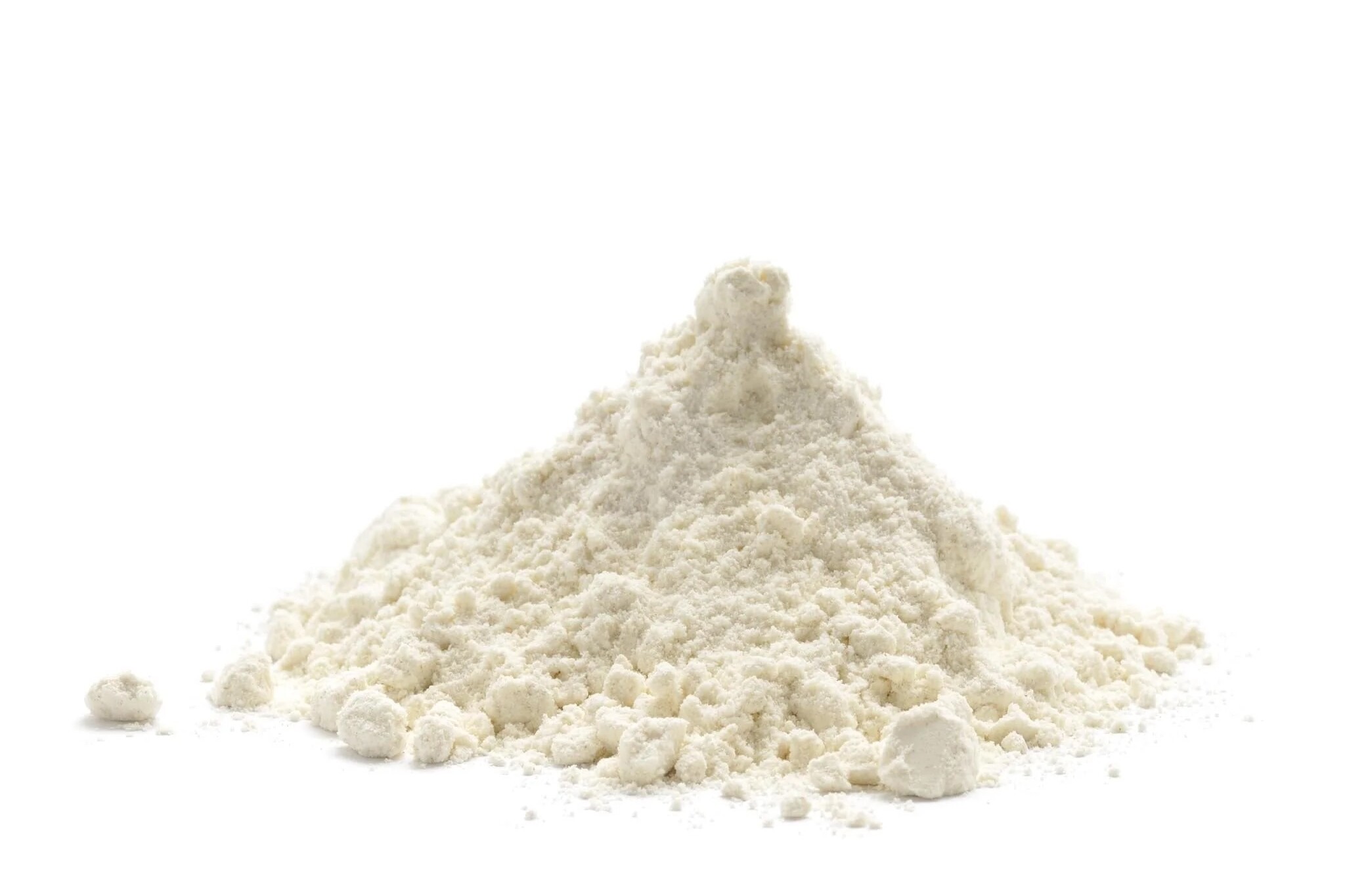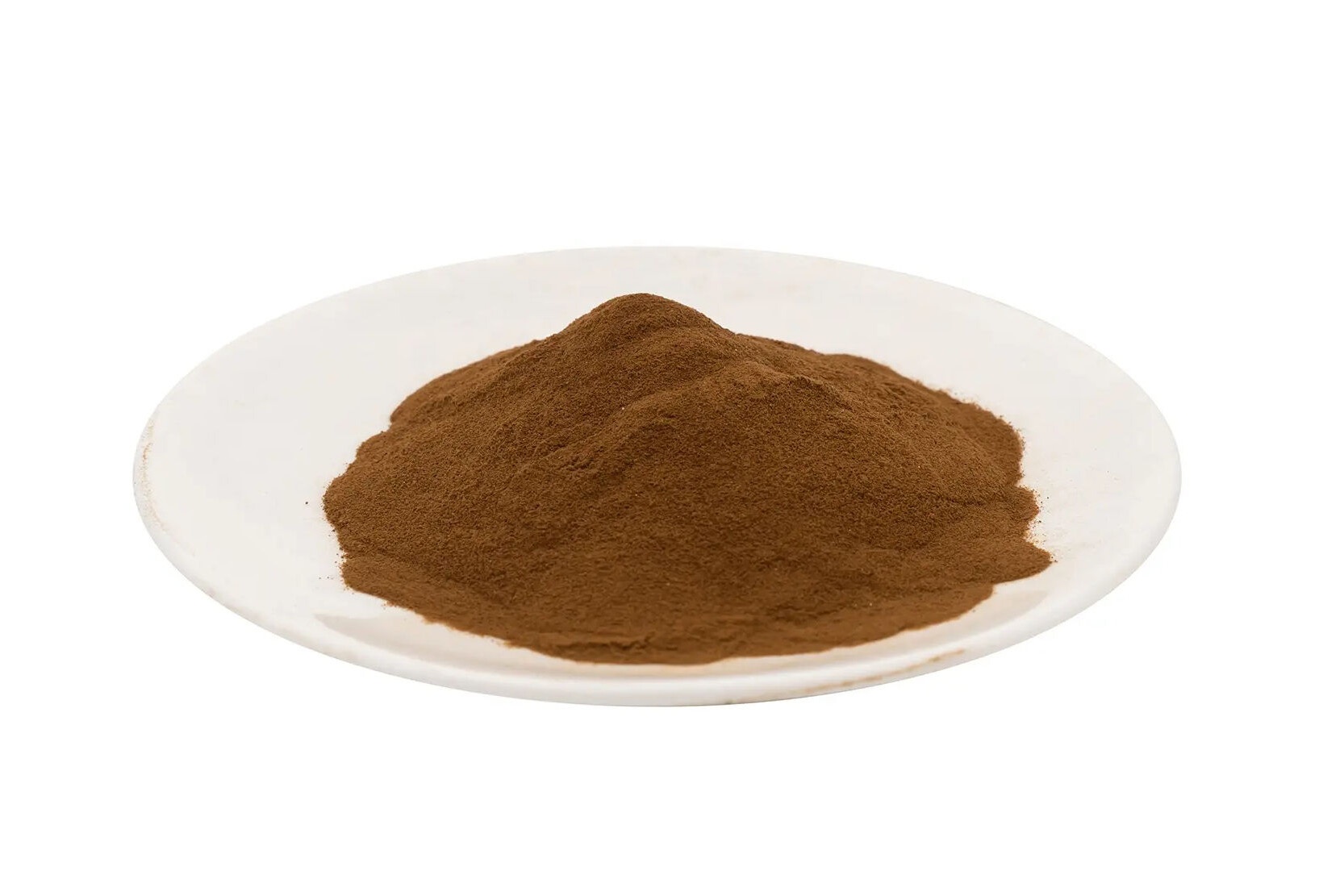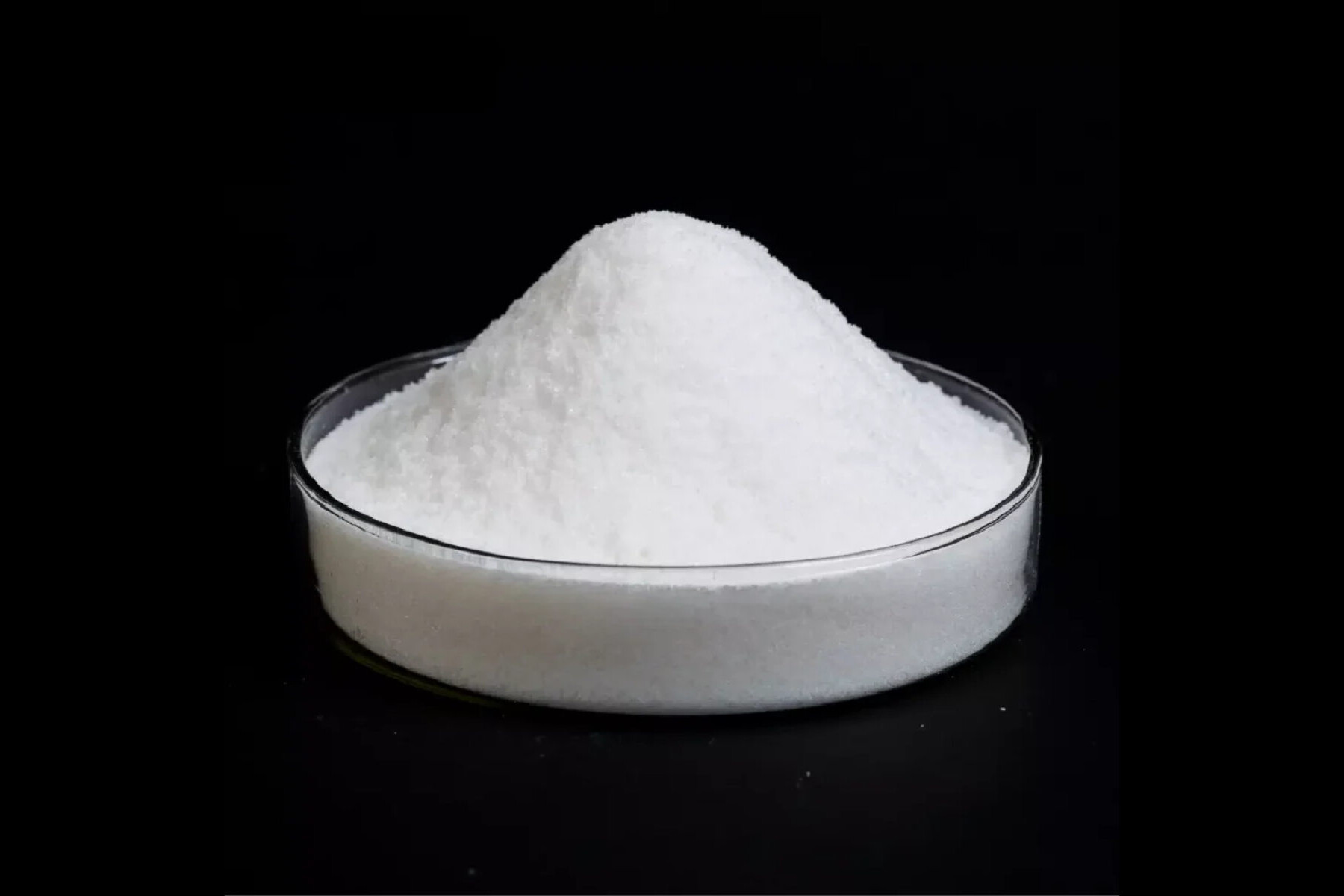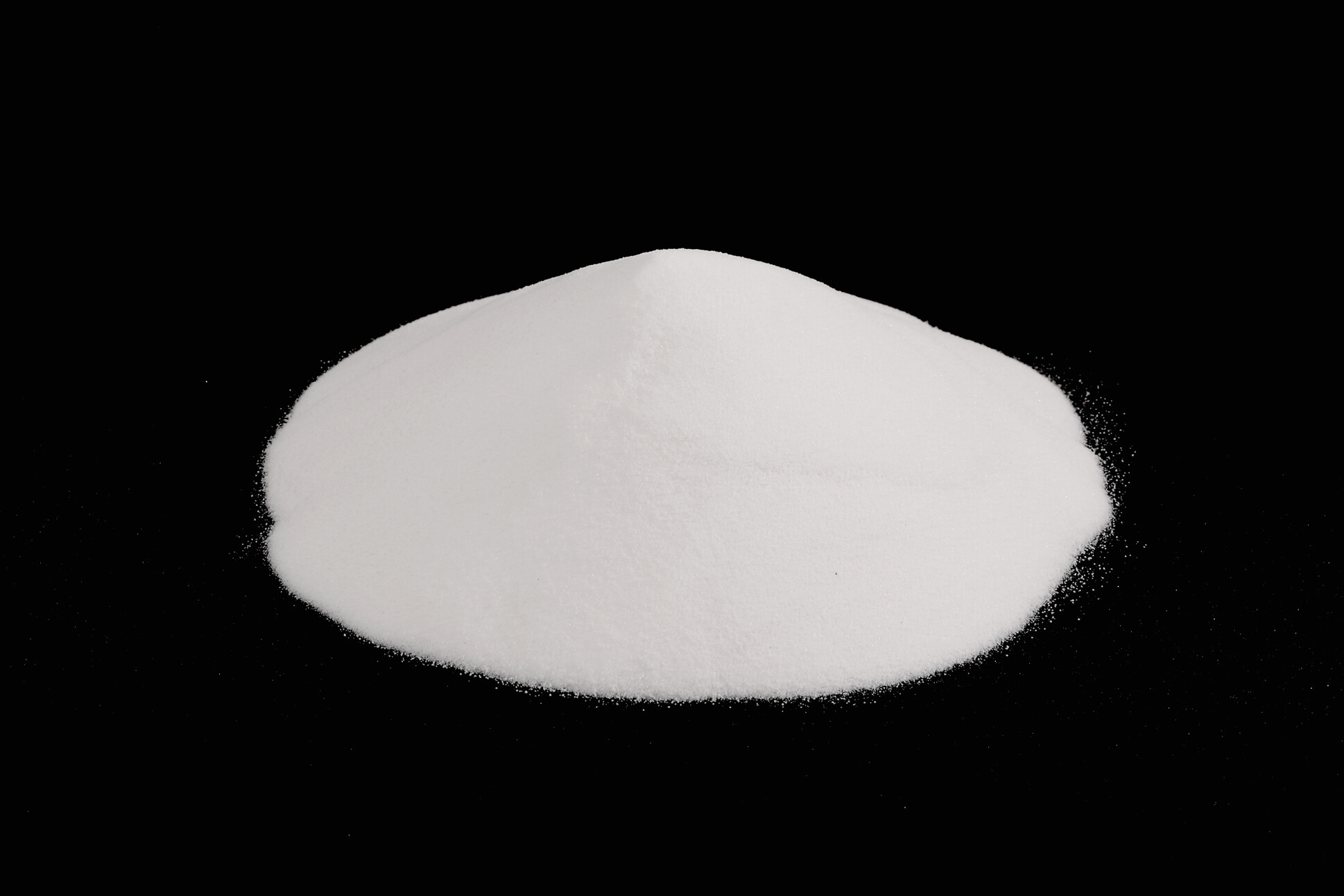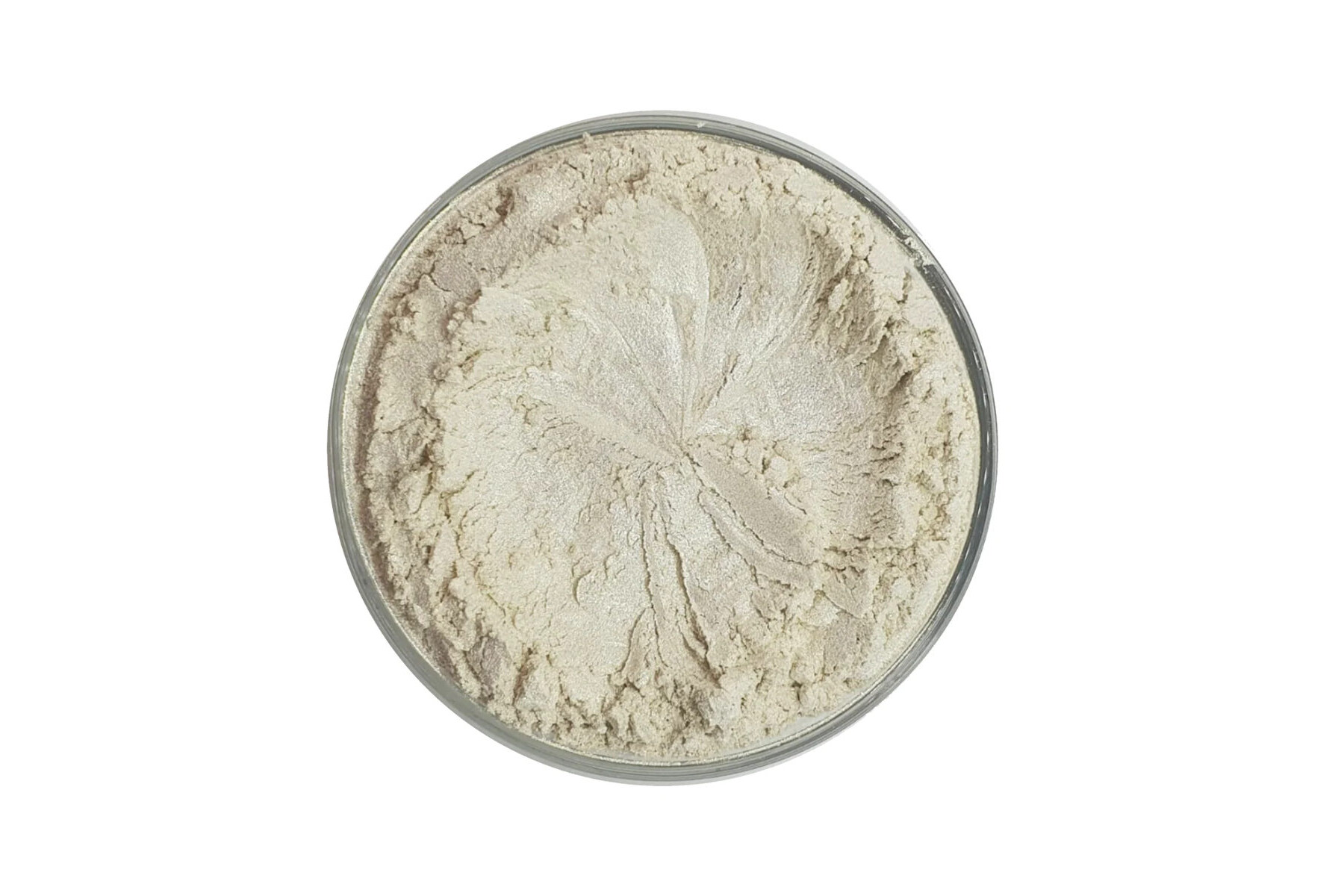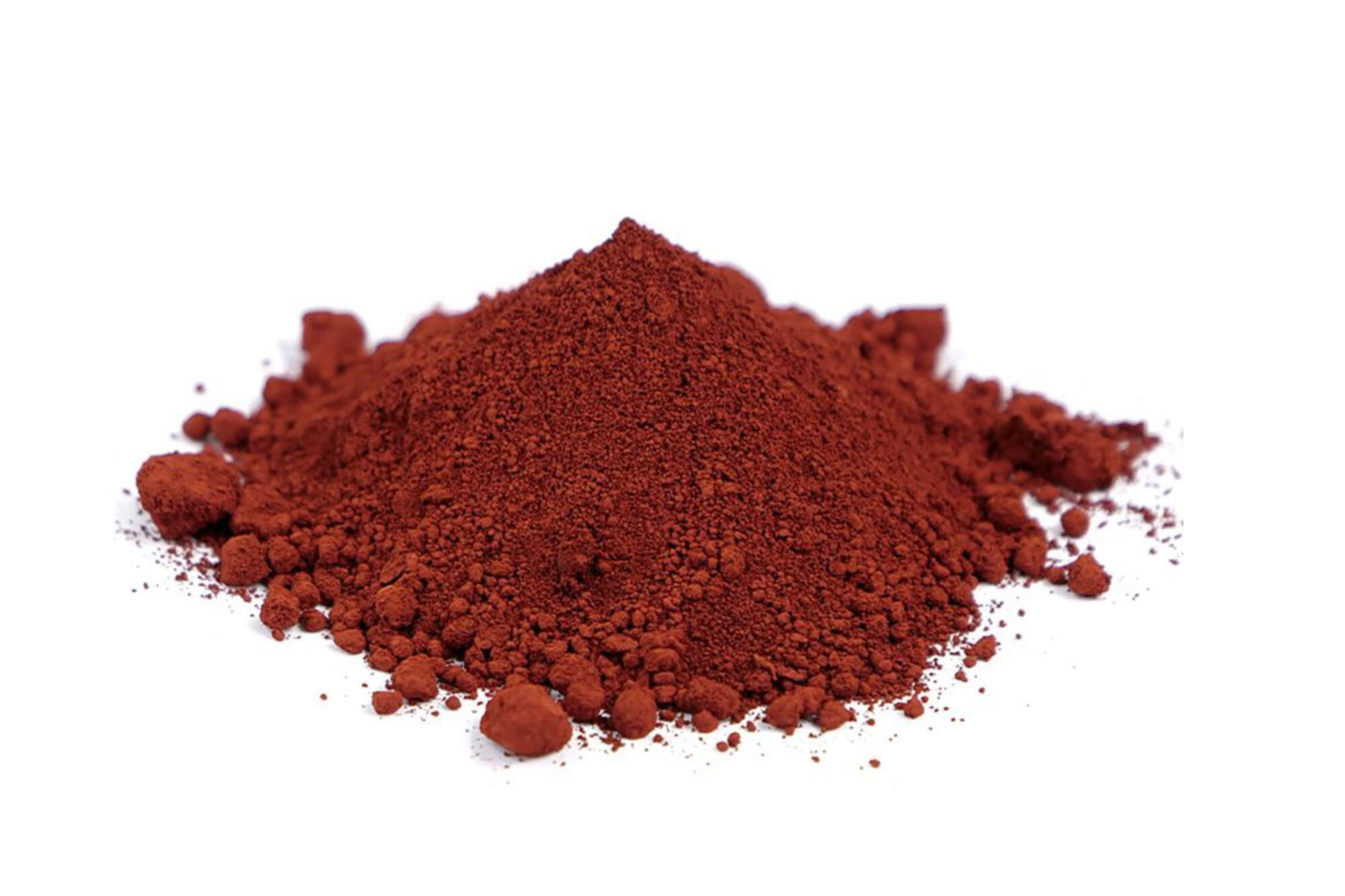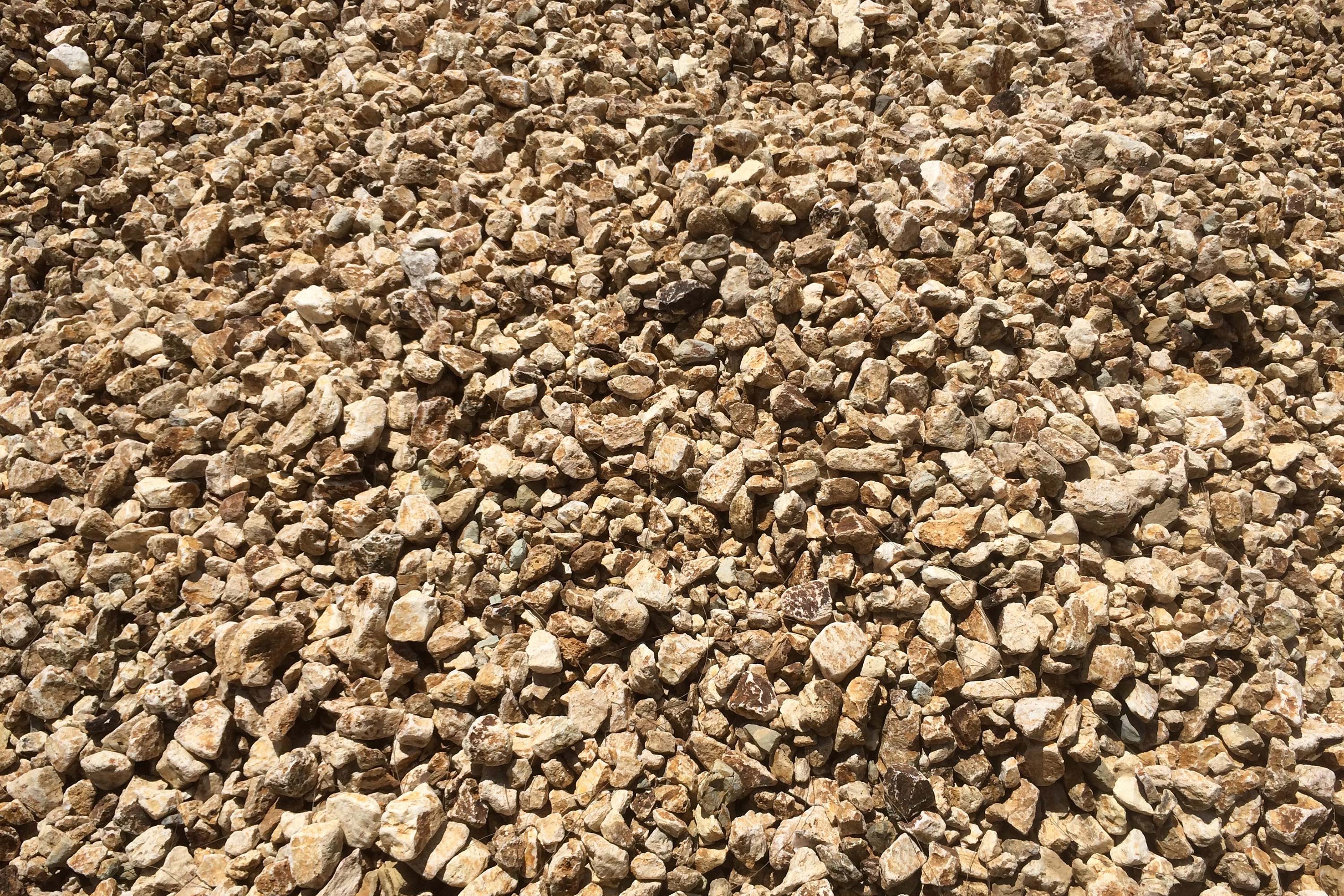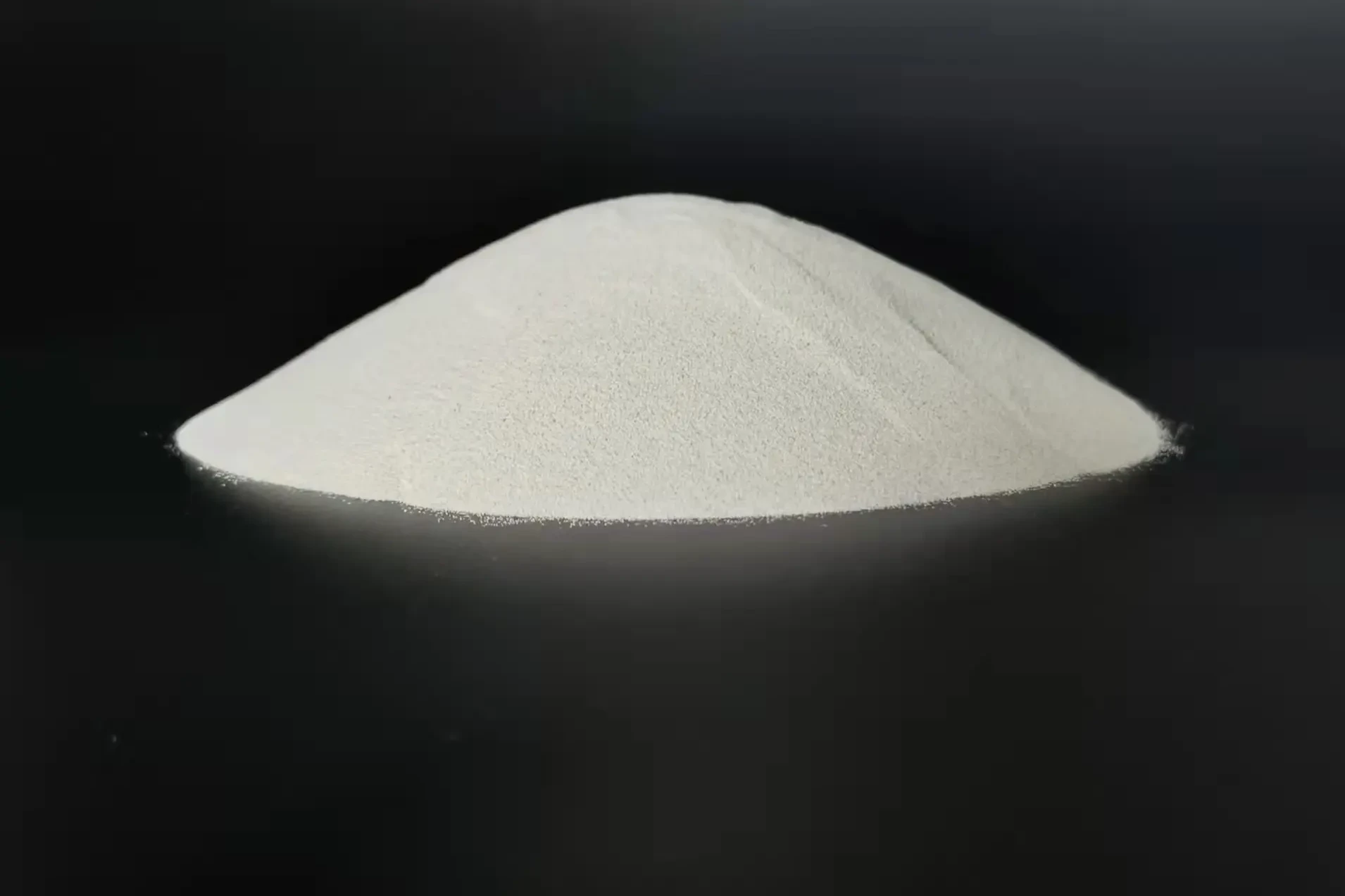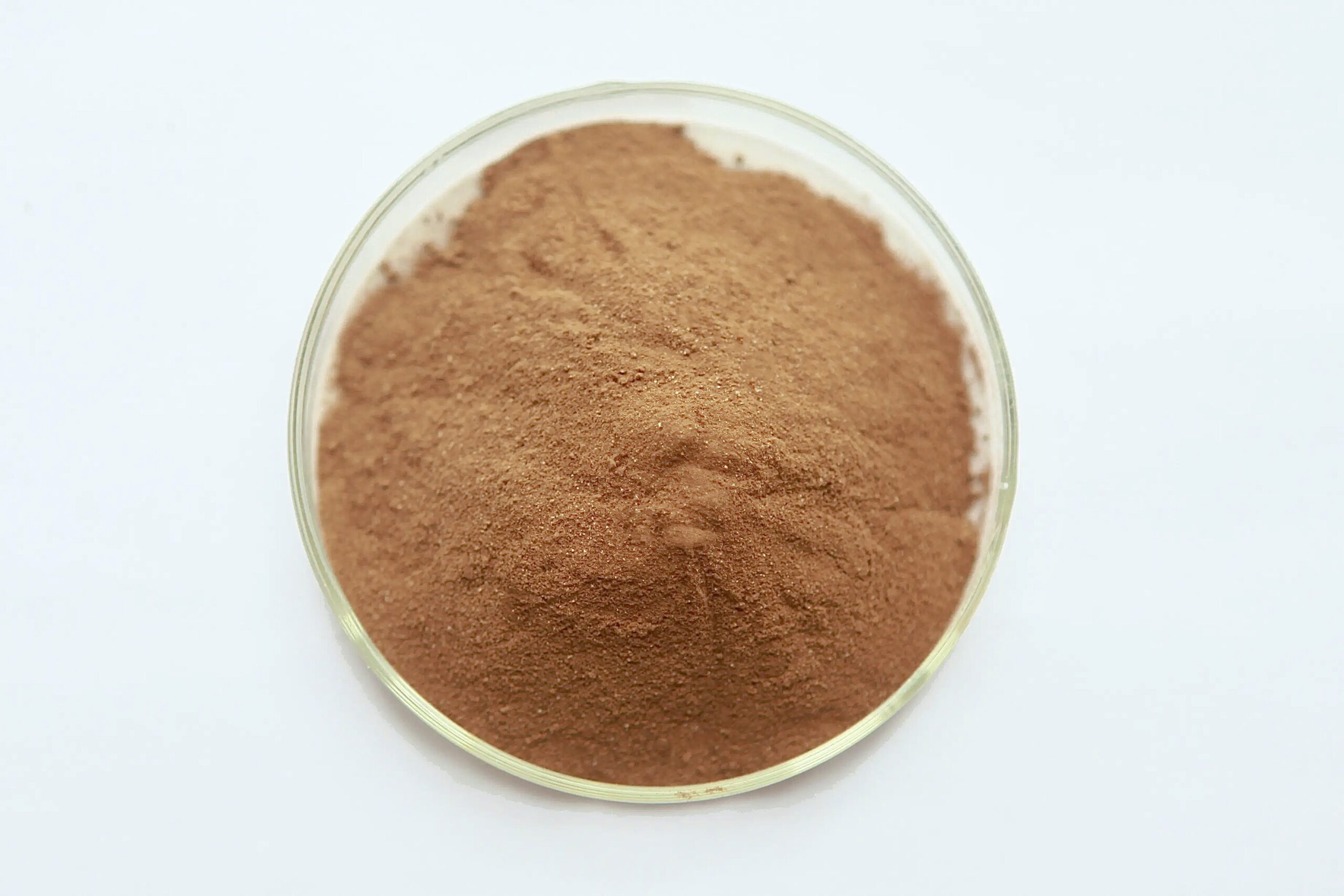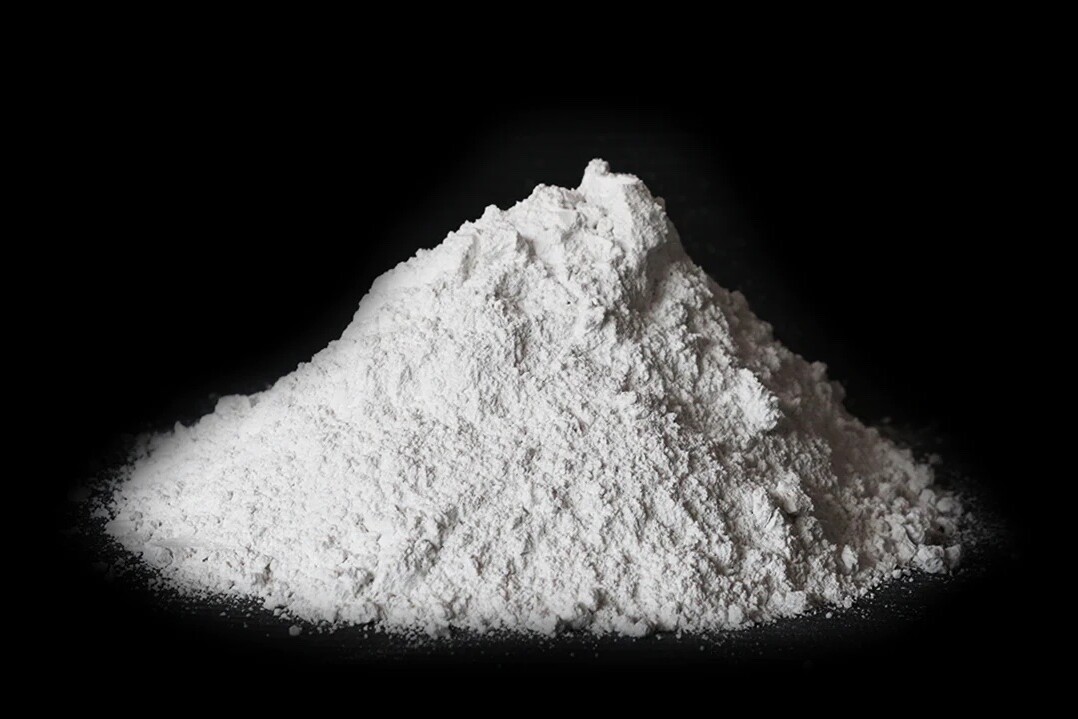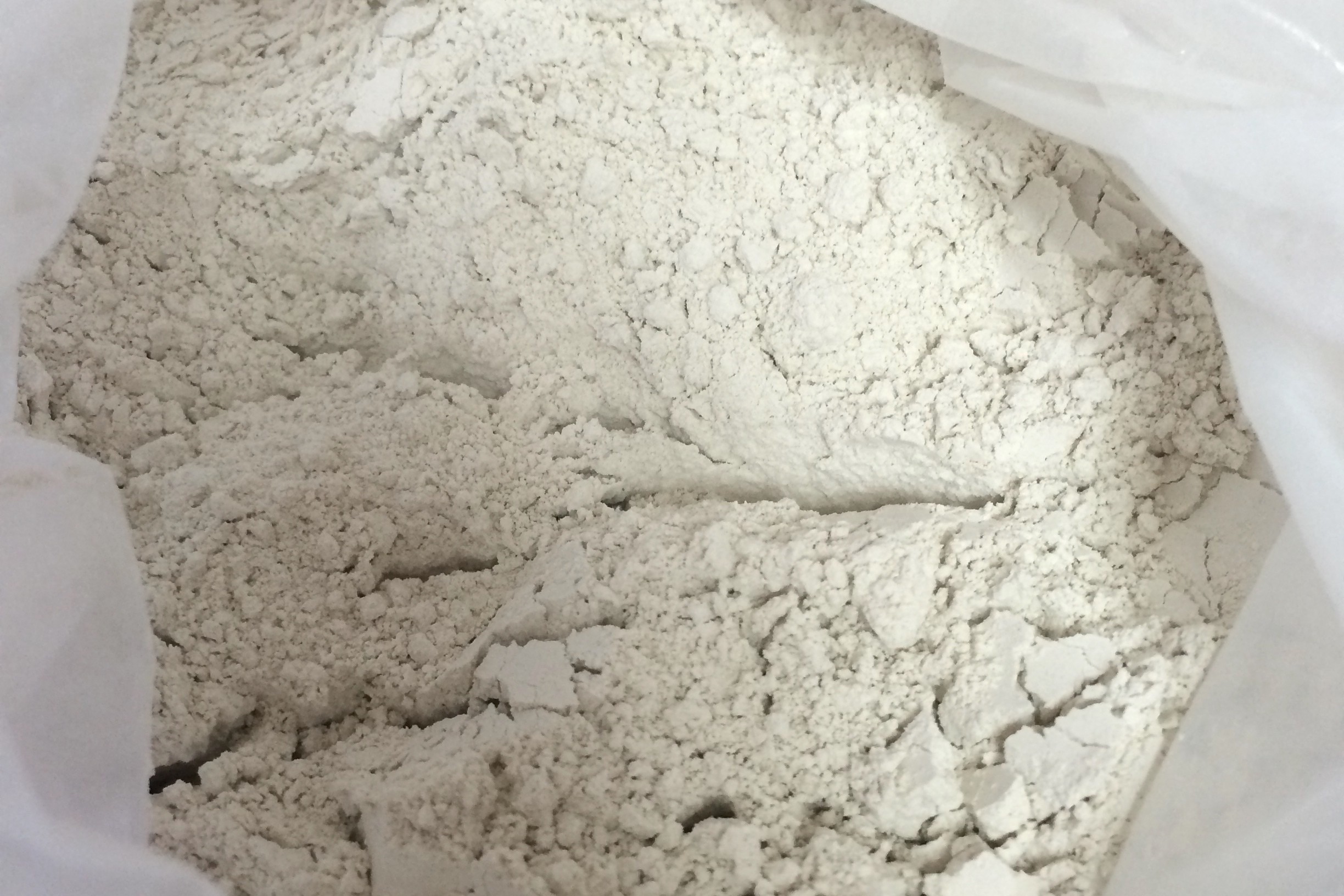Polyanionic Cellulose (PAC): Enhancing Performance Across Industries
Polyanionic Cellulose, or PAC, is a versatile polymer that has become a cornerstone in various industries due to its unique properties and wide-ranging applications. From oil drilling to the food sector, PAC’s role in enhancing performance and efficiency cannot be overstated. This article delves into the nature of PAC, its benefits, and its diverse applications across different fields.
What is Polyanionic Cellulose (PAC)?
Polyanionic Cellulose is a water-soluble cellulose ether derivative made by chemically modifying cellulose, the most abundant organic polymer on Earth. This modification involves introducing anionic functional groups into the cellulose chain, which significantly alters its properties and behaviour in aqueous solutions. PAC is known for its excellent thermal stability, high viscosity, and remarkable ability to control fluid loss, making it an invaluable additive in various applications.
Benefits of PAC in Industrial Applications
Enhanced Fluid Viscosity and Stability
One of the primary benefits of PAC is its ability to enhance the viscosity and stability of fluids. In industries like oil drilling, this property is crucial for the effective carrying of cuttings from the drill bit to the surface. PAC’s high viscosity also plays a significant role in the food industry, where it serves as a thickener and stabiliser in products like ice cream and salad dressings.
Superior Fluid Loss Control
PAC is renowned for its superior fluid loss control capabilities. In the context of oil and gas drilling, PAC additives are used to prevent the excessive loss of drilling fluid into the surrounding rock formations, ensuring the efficiency and safety of drilling operations. This property is also beneficial in the construction industry, particularly in cementing applications, where PAC helps maintain the integrity of cement slurries.
Environmental Friendliness
The environmental impact of industrial processes is a growing concern, and PAC offers a greener alternative to many synthetic polymers used in various applications. Being derived from natural cellulose, PAC is biodegradable, non-toxic, and sustainable, making it an environmentally friendly choice for industries looking to reduce their ecological footprint.
Applications Across Industries
Oil and Gas Drilling
In the oil and gas sector, PAC is used extensively as a drilling fluid additive. It improves the drilling fluid’s properties, such as viscosity, lubricity, and fluid loss control, enhancing drilling efficiency and reducing the risk of wellbore instability.
Paper Manufacturing
The paper industry utilises PAC as a strength additive to improve the tensile strength and durability of paper products. It also aids in the retention of fines and fillers, resulting in better quality and reduced production costs.
Food and Beverages
PAC finds its way into the food and beverage industry as a thickener, emulsifier, and stabiliser. It is used in a wide range of products, including sauces, dressings, dairy products, and baked goods, to improve texture, consistency, and shelf life.
Pharmaceutical and Cosmetic Industries
In pharmaceuticals, PAC is employed as a binder and disintegrant in tablet formulation, enhancing the tablet’s mechanical strength and ensuring its proper disintegration after ingestion. In cosmetics, it serves as a thickener and stabiliser in products like lotions, creams, and toothpaste.
Water Treatment
PAC plays a critical role in water treatment processes, where it is used as a flocculant to remove impurities and suspended solids from water. Its effectiveness in clarifying water makes it indispensable in both industrial and municipal water treatment facilities.
Polyanionic Cellulose (PAC) is a polymorphic powerhouse, driving efficiency and performance enhancements across a broad spectrum of industries. Its unique properties, such as enhancing fluid viscosity, controlling fluid loss, and being environmentally friendly, make it an indispensable tool in the industrial arsenal. As industries continue to evolve and seek sustainable solutions, the importance of PAC is set to grow, underlining its role as a key player in the future of industrial applications.
